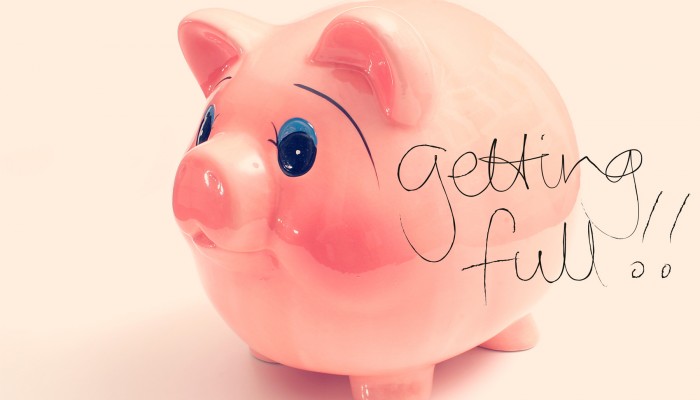Starting a savings habit will help you rely less on credit, and get more for your money when you splash the cash.
Don’t Pay More Than You Need To
If you walked into a shop and saw a pair of trousers you liked for £20, you wouldn’t willingly give the cashier £30 for them, would you? Let’s be honest, nobody wants to pay more for an item than they are obliged to, especially when you don’t need to. That is the joy of saving!
The habit of purchasing things on credit has led to many of us shelling out more than if we’d saved up the money in the first place – now where is the logic in that? For example, if you were able to put away £63 a month you would have saved up for a shiny new £699 TV in 11 months; whereas if you had bought it on a credit card, the TV could end up costing you £770 or more over a similar period.
Starting a savings habit will help you rely less on credit
So, in nearly all circumstances, it is cheaper and makes more sense to save up before you splurge.
Credit in Moderation
However, it is important not to let this scare you – you would be very lucky if you were able to buy everything in cash for the rest of your life. Sometimes credit is a necessity and used wisely it can help you bridge gaps in your cashflow. For example, imagine if your washing machine inconveniently broke, buying a new one on credit may actually work out cheaper than having to use a laundrette for the next six months, until you have saved for a new one. As we outlined in What is Debt the secret is recognising this and taking informed choices about what is right for you.
Either way, even if you can’t save the full amount, saving just a proportion of the cost will decrease the amount you have to borrow and pay back with interest. The more you get into the habit, the more natural it becomes, so the next time an electrical item breaks down you will be prepared.
